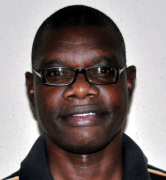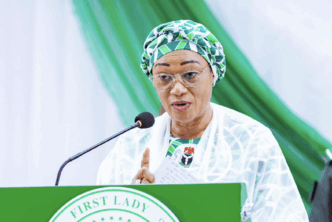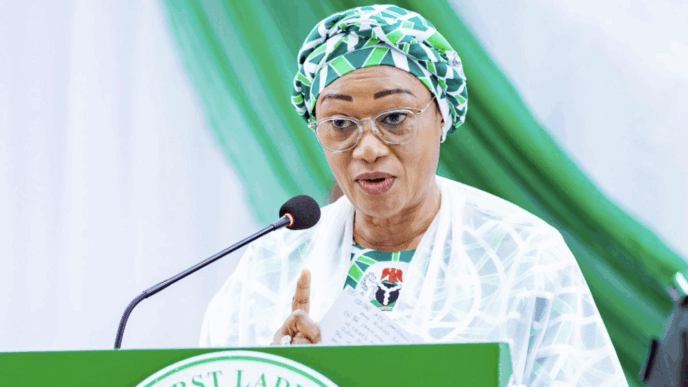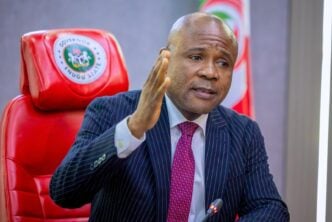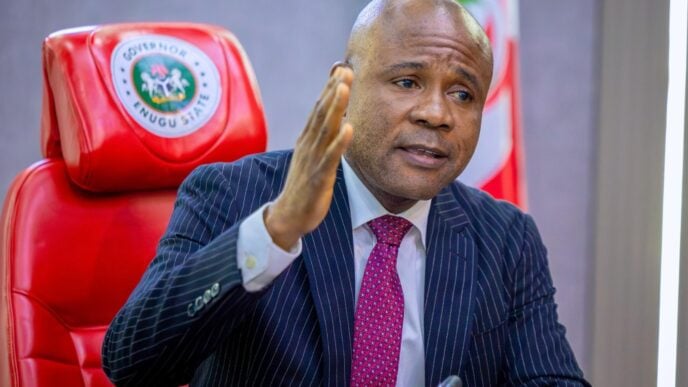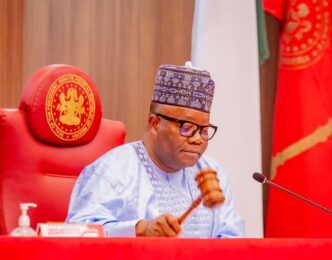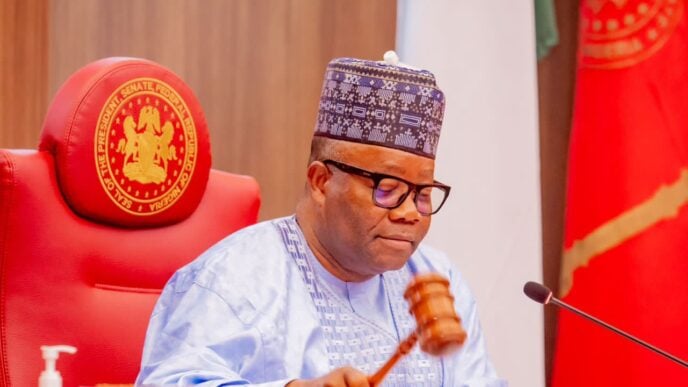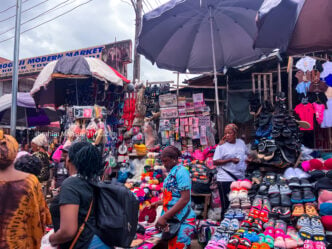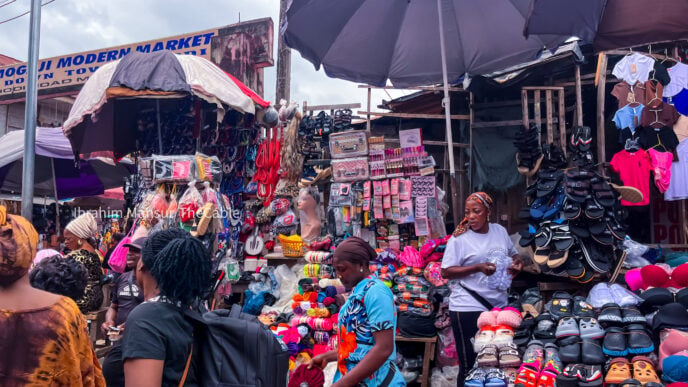Whistleblowing has been described as the newest concept in the global initiatives aimed at driving the principles of accountability, transparency and integrity. While its ramifications are still been studied, it’s being touted as the most effective means of reining in corruption, fraud and wrongdoing endangering society’s wellbeing.
For all its beneficial effects, whistleblowing’s most troubling feature yet is retaliation – the unpleasant action that organisations, in straight response to the whistleblowing, usually direct at a worker who blows the whistle internally or externally. Retaliation in itself is an in-house process, manufactured and actualized within an organization.
Although whistleblowing is seen strictly as an affair between the organization and the whistleblower, various stakeholders that are external to both parties (organization and whistleblower) are getting involved for good or bad reasons, depending on their biases. These stakeholders include the state (anti-corruption and law enforcement institutions), media, civil society, and the judiciary. But of these third-party stakeholders, the most consequential is the judiciary. Judges are key players in the whistleblowing retaliation process.
It is for this reason that the African Centre for Media and Information Literacy (AFRICMIL), partnering other civil society organization and a government agency including Tap iNitiave, National Human Rights Commission (NHRC), Centre for Fiscal Transparency and Public Integrity (CeFTPI) and Progressive Impact Organisation for Community Development (PRIMORG), held the first interactive forum on whistleblowing and whistleblower protection in Abuja, for judges of the federal high court.
Advertisement
Nine judges from that level of the trial court participated in the forum whose theme, The Role of Judges in Whistleblowing and Whistleblower Protection in Nigeria: Challenges and Responsibilities, was carefully chosen to reinforce the role of the judiciary in promoting transparency and accountability in public institutions and governance processes through whistleblower protection.
The chief judge of the federal high court, Hon. Justice John Tsoho, was represented by Hon. Justice Dorcas Agishi of the Jos division of the court. The judges were drawn from divisions in the six zones across the country and the federal capital.
It’s worthy of note that in the absence of a whistleblower protection law in Nigeria, a couple of judges, mainly from the national industrial court, have been showing they have enough courage to rule in favour of whistleblowers facing retaliation.
In March 2020, Oyejoju Oyewunmi, now elevated to the court of appeal from the industrial court in Abuja, delivered a telling judgment in the case of Sambo Abdullahi and Nigerian Bulk Electricity Trading (NBET) Plc, nullifying the retaliation initiated by the electricity company’s boss, Marilyn Amobi, and affirming the whistleblowing rights of Abdullahi, an internal auditor in the company. At the time of the judgment, he had no office and his salary had been withheld for three years.
Advertisement
Just last month, Yelwa Sanda of the national industrial court voided the dismissal of a whistleblower, Olamide Thomas, who at the time of dismissal worked as a nurse in the clinic of Ogun State Polytechnic of Health and Allied Sciences.
The judge ordered not only her immediate reinstatement, but also payment of N5 million by her employers for her troubles.
In between these examples, there have been a few more cases of Nigerian judges demonstrating a commitment to protecting truth tellers instead of presenting themselves as active agents of retaliation processes initiated by organisations. These judges deserve full praise for the bravery and presence of mind to set the standards for what is good, desirable and ought to be.
And whistleblowers are not just individuals who speak up. They are messengers of truth for the sake of advancing public good. Therefore, it’s good to learn that across jurisdictions, judicial authorities have acknowledged that whistleblowing connects with freedom of expression. This should then mean that any time judges are compelled to decide organisations’ complaints against whistleblowers or whistleblowers go to court to seek judicial cover, the human rights value embedded in the whistleblowing activity must be uppermost in their minds.
In other words, as a matter of course, whistleblowers deserve full protection from the judiciary when they exercise the fundamental right of speaking up and then facing threats, intimidation and active retaliation from powerful entities like their bosses, big companies or a corrupt government.
Advertisement
Judges must avoid a situation that makes them functional collaborators in whistleblower persecution. Whether a protection law exists or not, they have ample leeway courtesy of their interpretative powers to define the ethical conduct of organisations. The power of interpretation they wield makes them much more than a mere voice of the law; it also confers on them the power to regulate public affairs. While they follow the rule of the law, they can also rewrite the law to correspond with international norms and global best practices.
So, it is not a convincing argument to say that judges’ hands are tied in whistleblowing cases and can do little or nothing because Nigeria has yet to put in place a legal framework for the protection of whistleblowers. Indeed, there’s a lot judges can do to transform whistleblower practice in the country. It’s high time they took full advantage of their interpretative power to intervene by acting as regulators of the ethical behaviour of organisations and institutions.
By that, it is meant that our judges should always be ready to use their legalized powers of interpretation to destroy the capacity of organisations to retaliate against whistleblowers who report wrongdoing in the public interest.
That will not only amount to doing just what is right, it is a crucial step taken in the preservation of truth, human rights and democracy.
Advertisement
Godwin Onyeacholem, a journalist and whistleblowing activist, works at African Centre for Media and Information Literacy (AFRICMIL)
Advertisement
Views expressed by contributors are strictly personal and not of TheCable.
